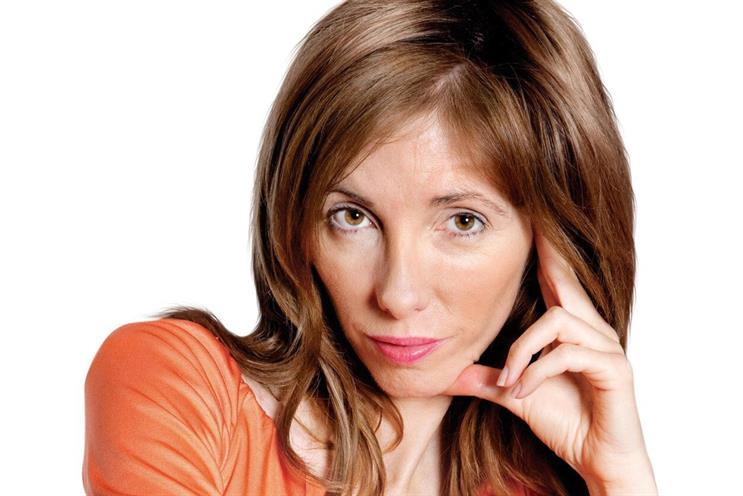Apparently, being a creative thinker is a very good thing, but being "a creative" is increasingly seen as a limited and limiting tag.
It seems that if you’re a creative now, a lot of other people think you might be sitting around having a nice time doing soft things like doodling or looking at YouTube and not actually contributing very much.
Maybe people always thought that about creatives. The trouble is, the word creativity is increasingly being demystified and commoditised. Creativity has become so democratised that it’s applied – sometimes fairly, often ridiculously – to everything from database management to procurement; anyone who actually calls themselves a creative is assumed to be doing only half the job.
Bullshit, of course. You might very well be sitting around doing soft things such as doodling or looking at YouTube, but that’s probably because such pursuits might help you actually do the one thing all those other people are unlikely to ever do: come up with brilliant ideas that change culture and businesses. Sometimes.
Anyway, the good news is that people who sit around doodling and coming up with great ideas that get made into movies or West End shows or handbags or ads for price-comparison websites contributed a record amount to the UK economy in 2014.
Our creative industry sector is growing three times faster than any other, up almost 9 per cent last year, and is currently worth £84.1 billion to the UK economy or – to put it another way – £9.6 million an hour. Of course, all sorts of specialist skills – not just creative genius – contribute to this success story. Yet there’s a disconnect between this economic performance and the way genuine creativity is valued within many businesses and within the wider system, from education to taxation. A new report from BOP Consulting shows that while the UK tops the rankings for the value of creative exports per capita (£248 per head), the government’s annual investment in culture languishes at just £52 per head.
Back, then, to my researcher and the demise he identified in the status of creativity as a pursuit. In the ad industry, we have people actually called "creatives" and a wealth of evidence for the value of their work in growing businesses. So why do more and more agencies now seem hell-bent on finding ways to imply that their creatives and creative departments are nothing special: just another function and not always the defining one? If we need reasons to enshrine creativity as something precious and special(ist), then the latest growth figures do a fine job. But anyone in our business who needs convincing of that might be better off working for a management consultant.



